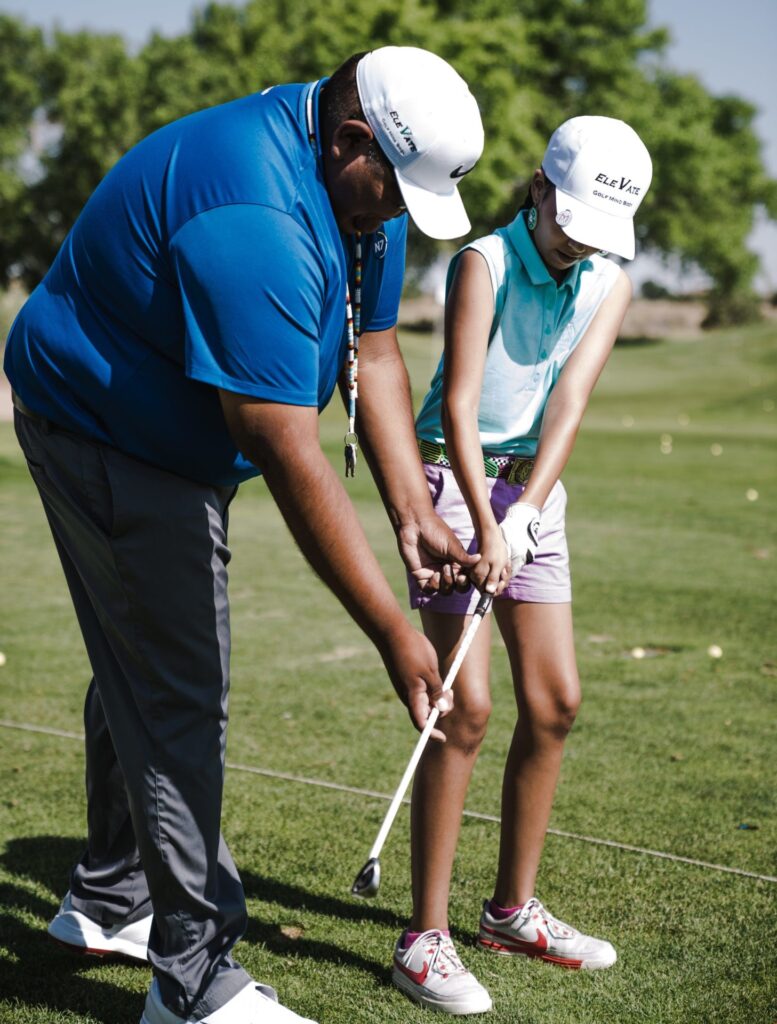Golf is a sport that has captured the hearts of millions around the world. Whether you’re a casual weekend golfer or a dedicated enthusiast, one common question that often arises is, “What is an average golf score?” Understanding average golf scores can provide valuable insights into your performance and help you set realistic goals for improvement. In this comprehensive guide, we will explore what constitutes an average golf score, factors that influence it, and how you can work towards achieving a better score on the golf course.
Defining Average Golf Scores
An average golf score refers to the number of strokes a golfer typically takes to complete a round of golf, which usually consists of either 9 or 18 holes. These scores are often used as a benchmark to assess a golfer’s skill level and progress. While there is no one-size-fits-all answer to what constitutes an average score, it varies widely depending on factors like gender, skill level, and the specific course being played.

Average Scores for 18-Hole Rounds
For 18-hole rounds, the average golf score can vary significantly based on a golfer’s skill level. Here’s a rough breakdown:
- Professional Golfers: On the PGA Tour, where the world’s best golfers compete, the average score hovers around par or slightly below. This means that professional golfers typically complete an 18-hole round in approximately 70 to 72 strokes.
- Scratch Golfers: Scratch golfers are considered top-notch amateurs or those with near-professional-level skills. They usually score close to par as well, often finishing a round in the low 70s.
- Bogey Golfers: For many amateur golfers, especially those with some experience, an average golf score falls within the range of 85 to 95 strokes for 18 holes. This translates to a score that’s around 13 to 23 strokes over par.
- High-Handicap Golfers: Beginners and high-handicap golfers may have an average score of 100 strokes or more for an 18-hole round, which equates to being more than 28 strokes over par.
It’s important to note that these are general guidelines, and golfers of all skill levels can have varying scores. Your specific average score depends on your dedication, practice, and experience.
Average Scores for 9-Hole Rounds
For those who prefer shorter rounds or are just starting in the game, 9-hole rounds are a popular option. The average score for a 9-hole round typically follows a similar pattern as 18-hole rounds but with half the number of strokes. Here’s a rough breakdown:
- Professional Golfers: Professional golfers on the PGA Tour usually complete a 9-hole round in approximately 34 to 36 strokes.
- Scratch Golfers: Scratch golfers typically score in the low 30s for a 9-hole round.
- Bogey Golfers: Bogey golfers often finish a 9-hole round with a score between 40 and 45 strokes.
- High-Handicap Golfers: High-handicap golfers might take 50 strokes or more to complete a 9-hole round.
Factors Influencing Average Golf Scores
Several factors influence a golfer’s average score, making it a dynamic metric that can change over time. Here are some key factors to consider:
1. Skill Level
Your skill level and experience are significant determinants of your average golf score. As you gain more experience and improve your skills, you can expect your average score to decrease.
2. Course Difficulty
The difficulty of the golf course you’re playing on can significantly impact your score. Courses with longer fairways, challenging hazards, and fast greens tend to yield higher scores.
3. Tee Box Selection
The tee box you choose also matters. Teeing off from closer tee boxes can make the course shorter and potentially lead to lower scores.
4. Course Conditions
Weather conditions, including wind, rain, and temperature, can affect your game. Adverse weather conditions can lead to higher scores.
5. Equipment
Using the right golf clubs and golf ball for your game can improve your performance. Quality equipment that suits your swing can help you score better.
6. Practice and Coaching

Regular practice and receiving guidance from a golf coach can significantly impact your scores. Working on your swing, short game, and course management can lead to lower average scores.
7. Mental Toughness
Mental strength plays a vital role in golf. Staying focused, managing stress, and maintaining a positive mindset can help you achieve better scores.
Setting Realistic Goals
Now that you have a better understanding of what constitutes an average golf score, it’s essential to set realistic goals for your game. Regardless of your current skill level, improving your golf scores is possible with dedication and practice. Here are some tips to help you work towards achieving better scores:
- Practice Regularly: Dedicate time to practice your swing, short game, and putting. Consistent practice is key to improvement.
- Seek Professional Guidance: Consider taking lessons from a golf professional or coach who can provide valuable insights into your game.
- Course Management: Learn how to manage the golf course effectively. Figure out when to take chances and when to play it safe.
- Mental Game: Work on your mental toughness and focus. Visualizing and talking to yourself in a positive way can help you keep your cool when things get tough.
- Track Your Progress: Keep a record of your scores and track your improvement over time. Setting specific, measurable goals can motivate you to excel.
- Play with Better Golfers: Playing with golfers who are better than you can challenge you to improve your game.
In conclusion, understanding what constitutes an average golf score is essential for setting realistic goals and tracking your progress in the game of golf. Remember that golf is a sport that rewards patience, dedication, and continuous improvement. No matter your current skill level, with the right approach and effort, you can work towards achieving better scores and enjoying the game even more. Play golf well!
